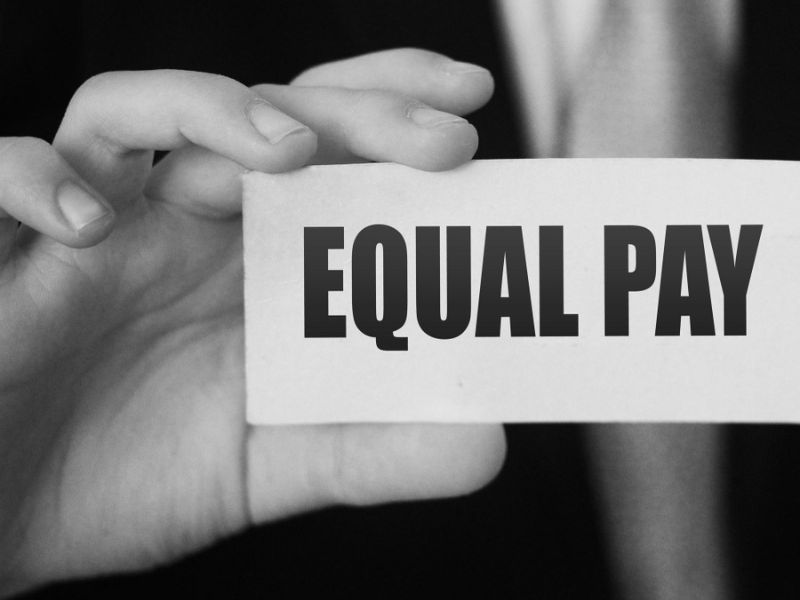Introduced in 1970, the Equal Pay Act prohibited the favourable treatment of men over women and prevents discrimination within employment of equal value.
The introduction of this act meant that employers had to give both men and women equal treatment and while the act suggests equal pay alone, it also covered holidays, pension rights, company perks and some bonuses.
The act allowed women to take their employers to a tribunal if they found that a male employer doing similar work was being paid more than them. However, the onus is on the individual woman to prove that her employer is acting unlawfully.
The Equal Pay Act was triggered by a strike at the Ford Dagenham plant in 1968. The strike centred around the female sewing machinists, who made seat covers for the plant’s cars. As part of a Ford re-grading initiative, the women were downgraded and paid less than the men doing similar jobs. The strike inspired the film and stage play, Made in Dagenham, chronicling the women’s story.
Most of the act has now been replicated in the Equality Act 2010.
To find out more about your rights and equal pay, please visit the Acas website.


















